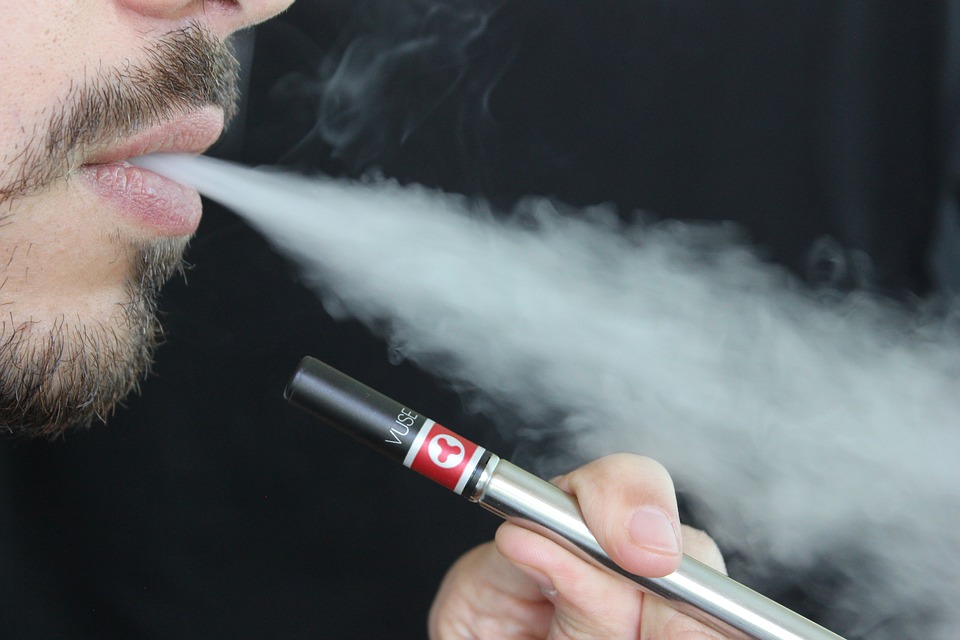
EXPERT REACTION: First death related to vaping reported in the US
It has been reported that an Illinois man has died from a serious lung disease he is likely to have contracted as a result of vaping. The death comes as the Centers for Disease Control (CDC) in the US report that 193 people in 22 states have contracted severe respiratory illnesses after vaping. A clear-cut common cause of the illnesses has yet to be identified.
Organisation/s: Australian Science Media Centre, The University of New South Wales, The University of Sydney, The University of Queensland, Curtin University
News for:
Australia
NSW
VIC
QLD
WA
Media contact details for this story are only visible to registered journalists.


Expert Reaction
These comments have been collated by the Science Media Centre to provide a variety of expert perspectives on this issue. Feel free to use these quotes in your stories. Views expressed are the personal opinions of the experts named. They do not represent the views of the SMC or any other organisation unless specifically stated.
Simon Chapman is Emeritus Professor at Sydney School of Public Health, University of Sydney